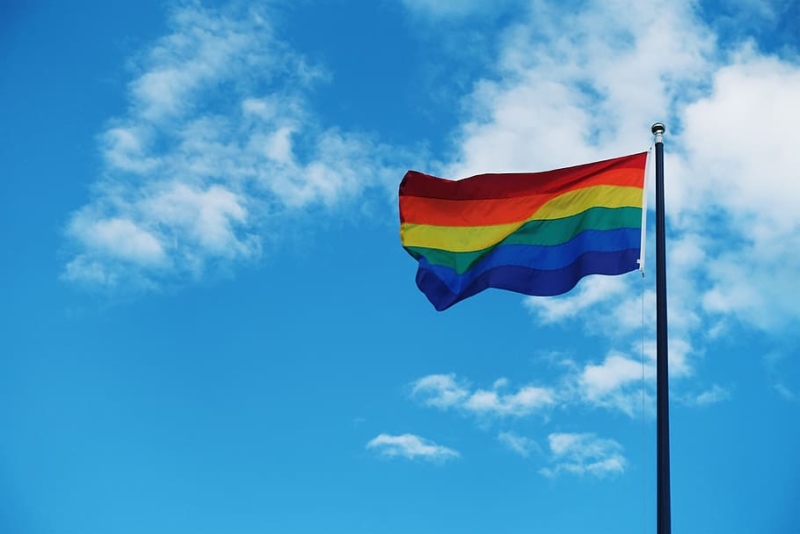IACHR Report on Citizen Security & Human Rights
Citizen security remains a top concern for most Latin American governments as crime and violence spiral out of control and cripple political and economic institutions in the region.
In 2012 the Western Hemisphere continued to make headlines in terms of LGBT (lesbian, gay, bisexual, and transgender) rights. The courts in Colombia and Mexico and the Inter-American Court of Human Rights emerged as LGBT champions, while transgender rights advanced in Argentina and Canada. An openly lesbian woman entered the cabinet in Ecuador, and another was elected to the US Senate. Marriage equality advanced in two of the hemisphere’s largest countries (Brazil and the United States) and the tiny Netherlands jurisdiction of Saba. However, violence against LGBT individuals remains pervasive, both in notoriously homophobic places (Jamaica and Honduras) and in more progressive countries (Brazil). In Chile, at least, LGBT-related violence has led to better laws.
Below is our list of the 20 most significant political stories on LGBT rights across the Americas.
20 – Help is on its way. Organization of American States (OAS). As a further step in the development of international norms against homophobia, the Inter-American Court of Human Rights ordered the Government of Chile to pay damages caused by its 2003 Supreme Court ruling stripping Karen Atala, a lesbian mother and judge, of custody of her three daughters on the basis of her sexual orientation. This is the first time the Inter-American Court ever heard an LGBT case. Also, a unit specializing exclusively in LGBT issues became operational within the Inter-American Commission on Human Rights in February. However, future gains on the LGBT agenda are likely to be overshadowed by the Commission’s continuing controversies.
19 – A changing tide in the Caribbean? Saba. The tiny Dutch island of Saba (capital city of The Bottom) may not even have 2,000 residents, but it made history in December by becoming the first jurisdiction in the Caribbean to legalize same-sex marriage. The move may be late for a Dutch land, but it’s pioneering for a tropical one.
18 – Hopelessly devoted. Mexico. In April, the Partido Acción Nacional candidate for president, Josefina Vázquez Mota, stated in front of 120 bishops and archbishops forming the Mexican Episcopate that she opposes abortion and same-sex marriage. She went on to lose the presidential election. The winner, Enrique Peña Nieto of the Partido Revolucionario Institucional, had asserted that the topic of marriage equality should be decided by the states.
[…]
Citizen security remains a top concern for most Latin American governments as crime and violence spiral out of control and cripple political and economic institutions in the region.
Is the Venezuelan government likely to comply with the IACHR’s ruling or will it uphold the ban?
The president of the Venezuelan National Electoral Council discussed the upcoming electoral contest.
 gtjoflot / Pixabay
gtjoflot / Pixabay